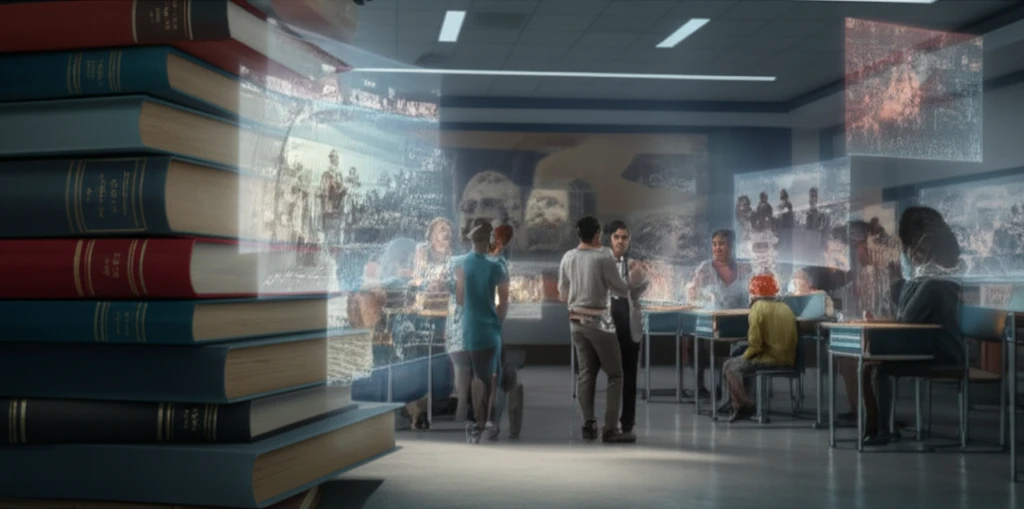
Rewriting History: Can Educators' Stories Change How We Teach?
"Uncover how personal narratives and evolving educational approaches are reshaping history education and teacher training in Brazil."
History education is more than just dates and facts; it's a dynamic field constantly evolving through the experiences and insights of educators. Their stories, filled with challenges, innovations, and personal reflections, offer invaluable perspectives on how to improve teaching methods and connect with students more effectively.
A recent study, focusing on history educators in Santa Maria, Brazil, delves into these narratives to understand how their initial training and ongoing experiences shape their approach to teaching. By examining their professional journeys, the research highlights critical areas for improvement in teacher education and curriculum development.
This article explores the key findings of this study, examining the transformations in Brazilian history education over the decades and offering insights into how educators' personal stories can drive meaningful change in the classroom. Join us as we uncover the power of narrative in shaping the future of history education.
The Evolution of History Education: A Brazilian Perspective

Brazilian history education has undergone significant changes, particularly after 1968. This period marked a shift, with history becoming a focal point of political agendas. The curriculum experienced numerous revisions, often influenced by the prevailing political climate. Educators found themselves navigating a landscape of shifting priorities and evolving expectations.
- 1980s: A period of intense debate and reform, emphasizing critical thinking and a more nuanced understanding of Brazilian history.
- 1990s: The rise of new perspectives, incorporating social history and cultural studies to provide a richer and more inclusive narrative.
- Present Day: Ongoing efforts to bridge the gap between academic theory and classroom practice, empowering educators to create engaging and relevant learning experiences.
Empowering Educators Through Narrative
By understanding the historical context and valuing the narratives of experienced educators, we can create more effective and relevant teacher training programs. These programs should prioritize practical application, critical thinking, and the development of a strong professional identity. As we move forward, let's continue to listen to the stories of our educators, empowering them to shape the future of history education and inspire the next generation of learners.
